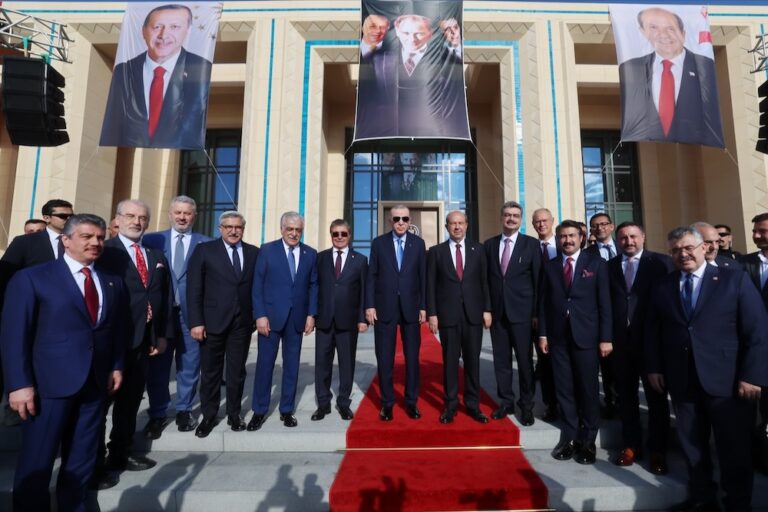Adopted on 5 July, law 6352 provides for a three-year suspension of all prosecutions and convictions for "press and opinion crimes" with a maximum sentence of five years in prison that were committed before the end of 2011.
(RSF/IFEX) – 17 October 2012 – Three months after Law 6352’s adoption, Reporters Without Borders has evaluated the impact so far of this reform, which is supposed to reduce the frequency with which Turkey’s media are the targets of lawsuits and prosecutions.
“We welcome the release of several journalists who were held without trial for months or years but the judicial climate for the media has not improved. Dozens of journalists continue to be detained and, regardless of Law 6352’s requirements, decisions are being taken to keep them in provisional detention with hardly any more justifying grounds being presented than in the past. As we had feared, ‘terrorism’ charges are being used as a pretext for not applying the reform to many cases and new prosecutions are being brought against people for the opinions they express because Law 6352 is limited to ‘offences’ committed before 31 December 2011,” Reporters Without Borders said.
“Law 6352 was a step forward but, as we said already, marginal reforms will not suffice, any more than another general amnesty like the ones Turkey has had in the past. Civil liberties will not be guaranteed in any sustainable manner until the Anti-Terrorism Law, the criminal code and the criminal procedure code are purged of the repressive attitudes that permeate them,” the organisation concluded.
Adopted on 5 July, Law 6352 provides for a three-year suspension of all prosecutions and convictions for “press and opinion crimes” with a maximum sentence of five years in prison that were committed before the end of 2011. If the person concerned refrains from committing an offence of the same kind during the three years, the case is dropped for good. Otherwise it resumes.
As Reporters Without Borders said at the time, this leaves journalists with a threat hanging over them for three years, during which they are forced to remain silent or to censor themselves.
It is this provision that has just been applied to Cüneyt Özdemir, the well-known columnist of the daily Radikal and host of a popular programme on CNN Türk, who was facing a sentence of three months to two years in prison for “insulting an official in the course of his duties” under article 125 of the criminal code.
On 16 October, an Istanbul magistrate court ordered a three-year suspension of the prosecution brought against him over Tweets criticizing the president of the 14th Chamber of the Court of Cassation, Fevzi Elmas. Özdemir denies being the author of the Tweets and says the authorities brought the case on the sole basis of an article on the conservative website Star Medya accusing him of sending them.
The Tweets criticized the Court of Cassation for upholding decisions taken in the alleged gang-rape of a 13-year-old minor by 26 men in the eastern city of Mardin in 2002. After lower courts ruled that the victim had consented and that other attenuating circumstances existed, the short jail sentences were not implemented on the grounds that the statute of limitations applied.
(. . .)


